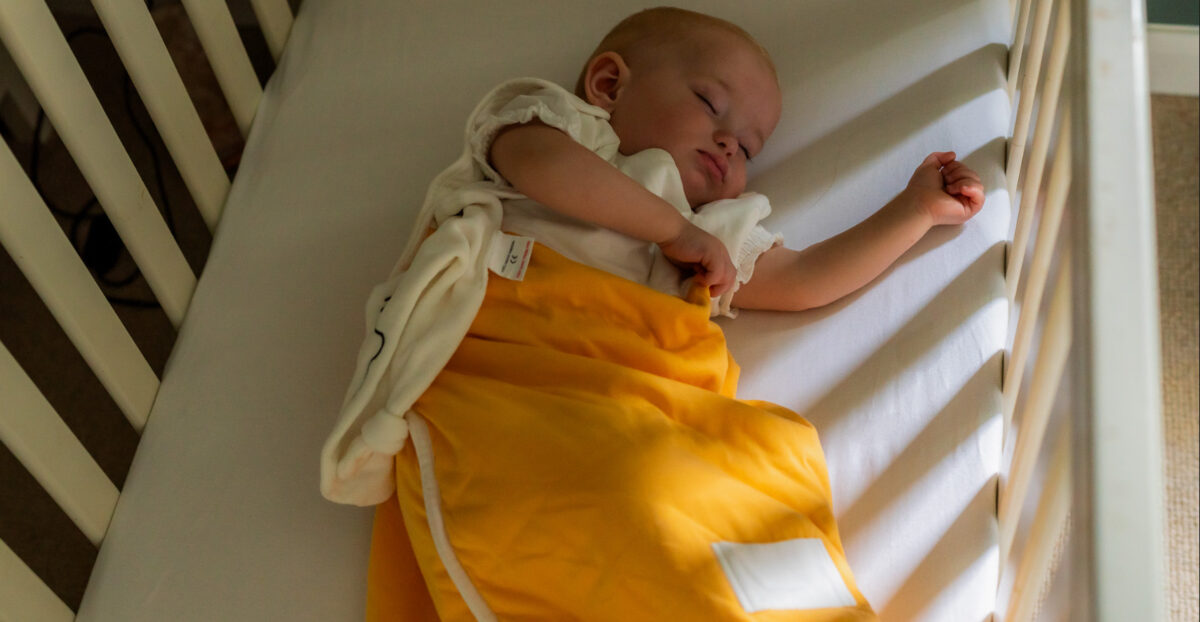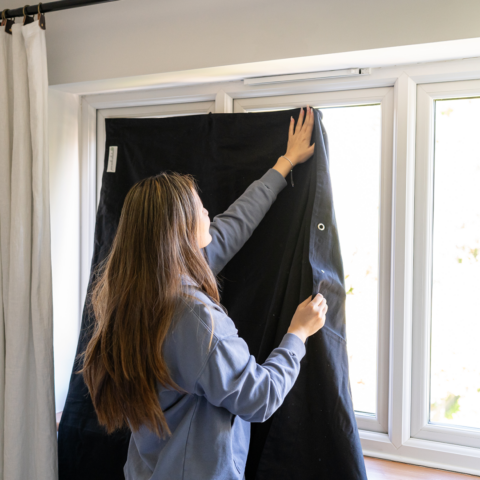
We are delighted to welcome Susan Wallace, a respected Sleep Consultant and Educator from Settled Petals, as our guest writer for this insightful blog post. Susan brings over her expertise in pediatric sleep consultation and a deep understanding of the unique sleep challenges that children face.
As a dedicated professional and a mother of two young children aged 3 and 4, Susan combines her professional knowledge with personal experience to offer practical advice to parents navigating the complexities of children’s sleep patterns. Her approach is tailored to help families achieve restful nights and foster healthy sleep habits.
Autumn clock change 2024
The clocks are due to ‘fall’ back one hour at 2am on Sunday 27th October 2024.
Many parents are nervous about this change, especially those of early risers as 6am will become 5am overnight. However, this clock change need not be as daunting as it may seem. The change in timing may actually be more in keeping with your child’s natural hormonal rhythm….
How the clock change may promote infant sleep
The body preferences a darker environment in the run up to sleep. Melatonin which if often referred to as ‘The Sleep Hormone’ responds well to restricted light. Children’s hormonal rhythm is subject to different timings than adults. With most children responding best to an earlier bedtime than us adults. This is because they experience a surge in the sleep hormone Melatonin in the early evening. As a result many children avail of their deepest, most restorative sleep in the early evening until approaching midnight.
The spring clock change effectively makes the evenings brighter for an hour longer (in addition to the longer brighter days). As children experience the hormonal preference to sleep earlier than adults, this means that the brighter evenings can be more disruptive to children’s sleep than teenagers and adults. Research suggests that a later bedtime is linked to an earlier rise and that the amount of children sleep is more complex than children simply availing of a ‘set’ number of hours per night. Brighter mornings in summer, can also promote early rising if the natural light is sneaking through the windows.
So if as a parent you are worrying about the clock change resulting in earlier rising, please be assured that the darker evenings, and new timing may actually be in your favour. Darker evenings can help with both night settling and detering those early wakes.
But what if my child needs support to adjust?
The human body loves predictability. And it can be easy for children’s body clocks to continue to wake at the same time as they did before. Here are some options to consider depending on your child’s needs and your parenting style:
Option 1: Gradual Shift
With this option simply move your child’s entire schedule by 10 minutes a day for 6 days. Include wake time, nap times, bedtime and meal times. As the rest and digest hormones and rhtyem are so closely connected it is likely to work best to both the sleep and food times. This approach is best suited to children who avail of a set schedule and are sensitive to change
Option 2: Big Jump
With this option just let your child sleep for an extra 30 – 60 minutes on day 1. Then ‘jump’ to the new schedule. This is best suited to children who need support waking in the morning and adjust easily to change
Option 3: Do Nothing
Some families are flexible with schedules, with bedtime and wake time altering each day. The clock change will likely be least disruptive to these families and they will soon adapt to the new schedule
How can we help children adapt to the new time?
In addition to scheduling there are some strategies we can use to naturally support children’s body clocks to adapt to the slightly different time change:
- Spend time outdoors. The more the better but first thing after breakfast is particularly advantageous .Natural light not only helps to promote Serotonin (which is the precursor to Melatonin) but also helps to kick start a hormonal wake / sleep cycle to support bodies to adjust
- Exercise. Supporting children to move their bodies in an age appropriate way will help them to be tired enough for sleep time. From tummy time for newborns, to running and jumping for older children – movement can support both sleep, physical health and mental wellbeing
- Schedule downtime. Bodies need both movement and rest. Do not fear boredom – children need time to adjust and adapt and be with their thoughts. Some downtime can be helpful
- Invest in black out blinds. Children may need a little extra support at nap time following the change, as naps are at a slightly different time. Darkness can be useful for those no longer in the newborn stage. Non-toxic blinds such as those from The Pure Earth Collection are ideal at promoting darkness, whilst also providing a non-toxic environment.
Visit Susan’s website at Settled Petals to learn more about her work and how it might benefit your family.
Help Your Baby Sleep Better With Pure Earth Collection’s Best Selling Sleep Enhancing Products
Experience better sleep during the clock change and beyond with our top-rated products designed to enhance comfort and maintain healthy sleep patterns:
“Beautiful quality – I bought this sleeping bag having been recommended by a friend. My baby has definitely had some longer stretches of sleep since using the bag. I will be buying a second bag for her!” – Sophie


Winter Sleepsuit With Padded Sleeves (2pk) – Turtle
Original price was: £62.00.£31.00Current price is: £31.00. Shop Now“The winter sleepsuit has been a total game changer for our 6-month-old son. The 4am wake is a thing of the past now his arms and hands are no longer cold.” – Charlotte
“Great black out – I’m so glad to have found a safe alternative to plastic black out blinds that works. This has been taken away with us several times and it’s been great at fitting a variety of size and shape windows. Highly recommend.” – Frith




